Search
Remove Ads
Advertisement
Summary 
Loading AI-generated summary based on World History Encyclopedia articles ...
Search Results
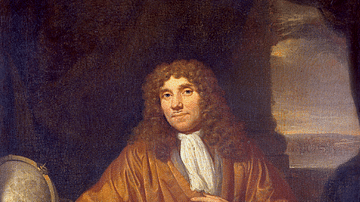
Definition
Antonie van Leeuwenhoek
Antonie van Leeuwenhoek (1632-1723) was the most important microscopist of the Scientific Revolution. The Dutchman made over 500 microscopes, many with a magnification far superior to contemporary models. His discoveries include bacteria...
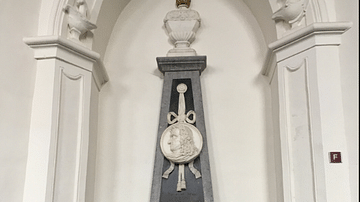
Image
Antonie van Leeuwenhoek Memorial
The memorial in Oude Learl, Delft, the Netherlands to Antonie van Leeuwenhoek (1632-1723), the most important microscopist of the Scientific Revolution.

Image
Portrait of Antonie van Leeuwenhoek
A c. 1680 portrait by Jan Verkolje of the Dutch microscopist Antonie van Leeuwenhoek (1632-1723). (Rijksmuseum, Amsterdam)

Definition
Jan van Eyck
Jan van Eyck (c. 1390-1441 CE) was a Netherlandish Renaissance painter who was famous in his own lifetime for his mastery of oil painting, colouring, naturalistic scenes, and eye for detail. Amongst his masterpieces are the 1432 CE Ghent...
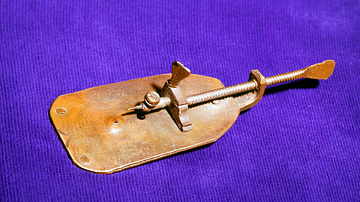
Image
Leeuwenhoek Microscope
A model of a microscope designed and built by the Dutch microscopist Antonie van Leeuwenhoek (1632-1723). The device was unique as it used not the usual glass lenses but a tiny glass bea which gave a superior magnification. Measurements...
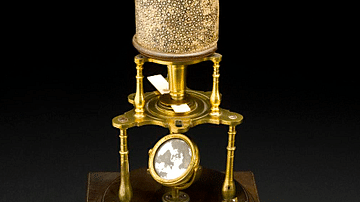
Article
The Microscope & the Scientific Revolution
The microscope was one of the most significant inventions of the Scientific Revolution, opening up completely new and miniaturised worlds. The first microscopes were invented in the first quarter of the 17th century in the Netherlands, but...

Definition
Germ Theory
The germ theory, which emerged in the late 19th century, demonstrated that microscopic germs caused most human infectious diseases. The germs involved included bacteria, viruses, fungi, protozoa, and prions. Louis Pasteur (1822-1895), a French...
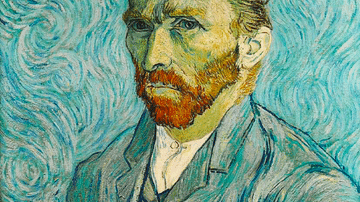
Definition
Vincent van Gogh
Vincent van Gogh (1853-1890) was a Dutch post-impressionist artist whose paintings are amongst the most popular and recognizable in history. His dramatic brushwork, exuberant palette, and mastery at capturing moments in time and light revolutionised...
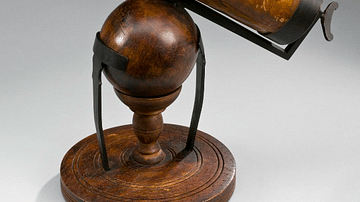
Article
6 Key Instruments of the Scientific Revolution
The Scientific Revolution (1500-1700) was driven by several key inventions, all scientific instruments that became essential to achieving a greater understanding of the world around us. With instruments like the telescope, microscope, thermometer...
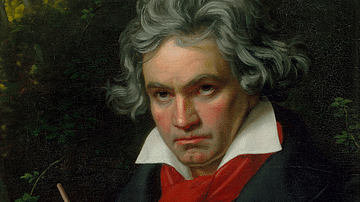
Definition
Ludwig van Beethoven
Ludwig van Beethoven (1770-1827) was a German composer of Classical and Romantic music; he is widely regarded as one of the greatest musicians to have ever lived. Most famous for his nine symphonies, piano concertos, piano sonatas, and string...